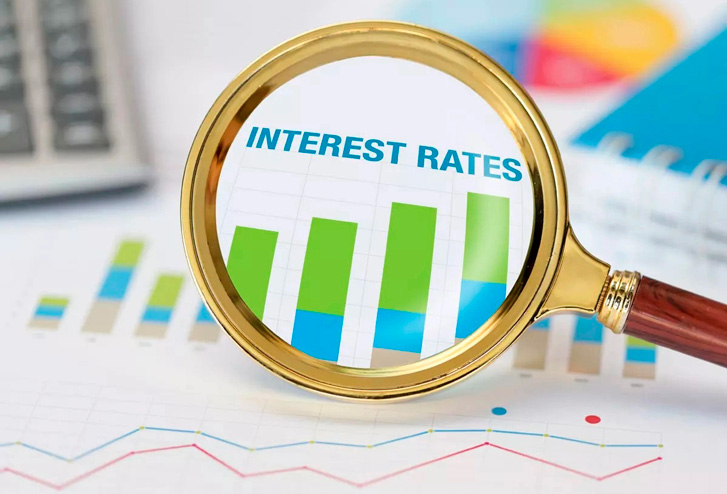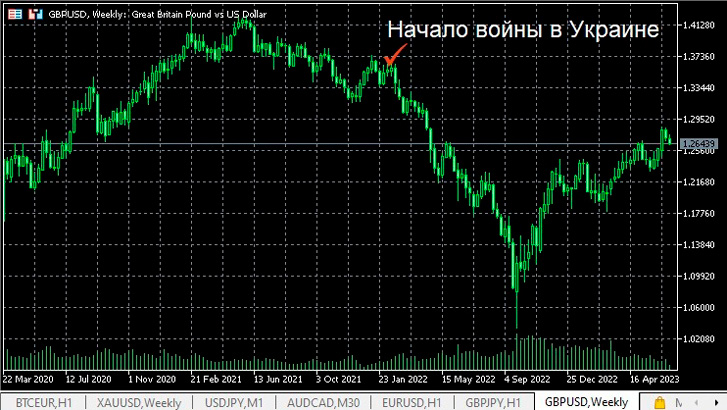Factors influencing the exchange rate of the British pound
The exchange rate is one of the key indicators of the economic state of the country; it is the value of the national currency that best shows confidence in its monetary unit.

In the case of the British pound (GBP), its exchange rate depends on many factors that can have both short-term and long-term effects.
Let's look at some of the main factors affecting the British pound.
Economic indicators of the country
The health of the UK economy is an important factor in determining the value of the pound. GDP growth , inflation rate, unemployment and other economic indicators can affect investors' expectations of future currency movements.
Bank of England monetary policy
The Bank of England plays an important role in determining the exchange rate of the British pound. Decisions on interest rates, the amount of money in circulation and other monetary instruments can affect the inflow or outflow of capital into a country and therefore the value of the pound.
Also, the Bank of England often resorts to foreign exchange interventions, this happens during sales of government debt papers.

An increase in interest rates usually leads to a strengthening of the currency, while their decrease can cause weakening. Current rate- //time-forex.com/uchetnye-stavki
Political stability and geopolitical situation
Political events and uncertainty can significantly affect the value of the British pound. For example, negotiations on Britain's exit from the European Union (Brexit) had a significant impact on the pound exchange rate.
News about political events, elections or government changes can also cause currency fluctuations.
Conflicts, hostilities or tensions in international relations can also affect the value of the British pound. Investors tend to look for stable and safe investment opportunities, so instability leads to a decrease in demand for the pound.
World economic situation
The British economy has close links with the world economy. Factors such as trade relations, global economic trends and the financial stability of other countries can have a significant impact on the value of the British pound.
An excellent example is the outbreak of hostilities in Ukraine; over the 10 months of 2022, the GBP/USD fell by 20%:

For example, if the global economy is in recession, this could impact UK exports and cause the pound to weaken.
Although this is not an exhaustive list, these are the main factors that can influence the value of the British pound. It is important to note that exchange rates are the result of complex interactions between various factors, and predicting them can be challenging.
By following economic news , political events and global trends, you can get an idea of possible movements in the value of the British pound and make more informed decisions when exchanging currency or carrying out other transactions in the foreign exchange market.
